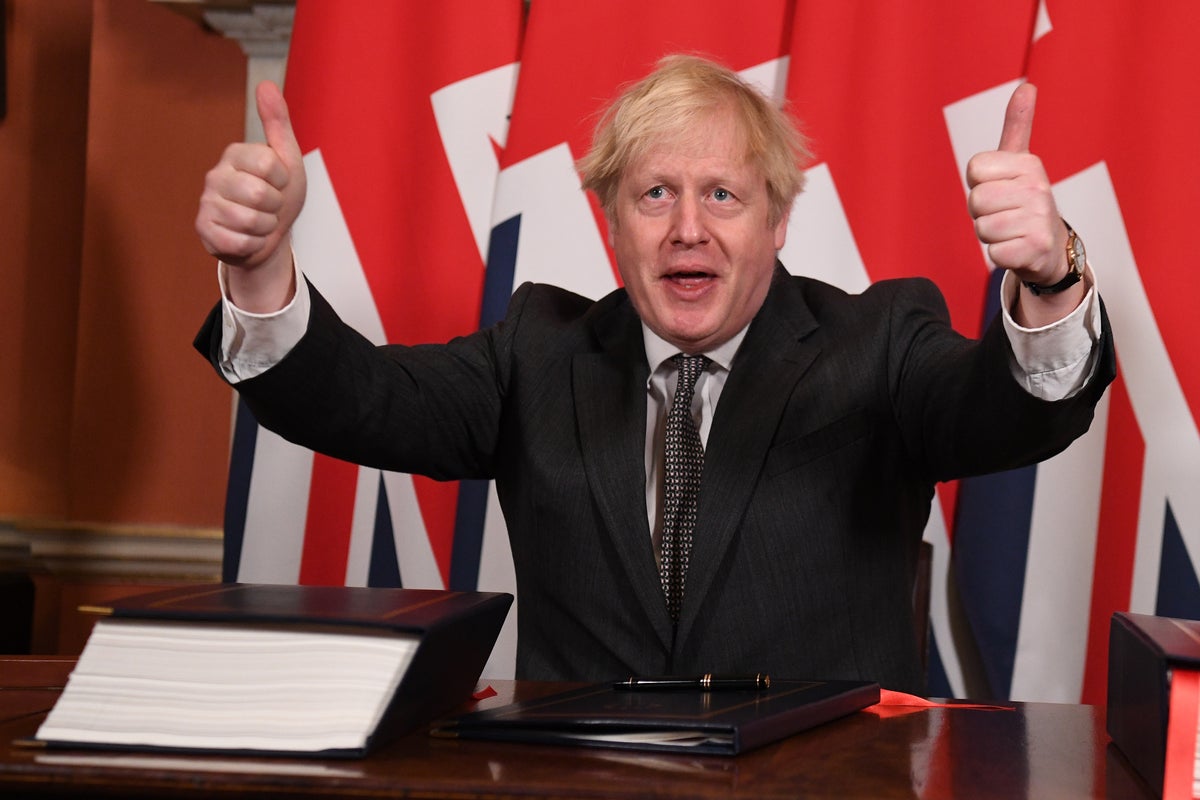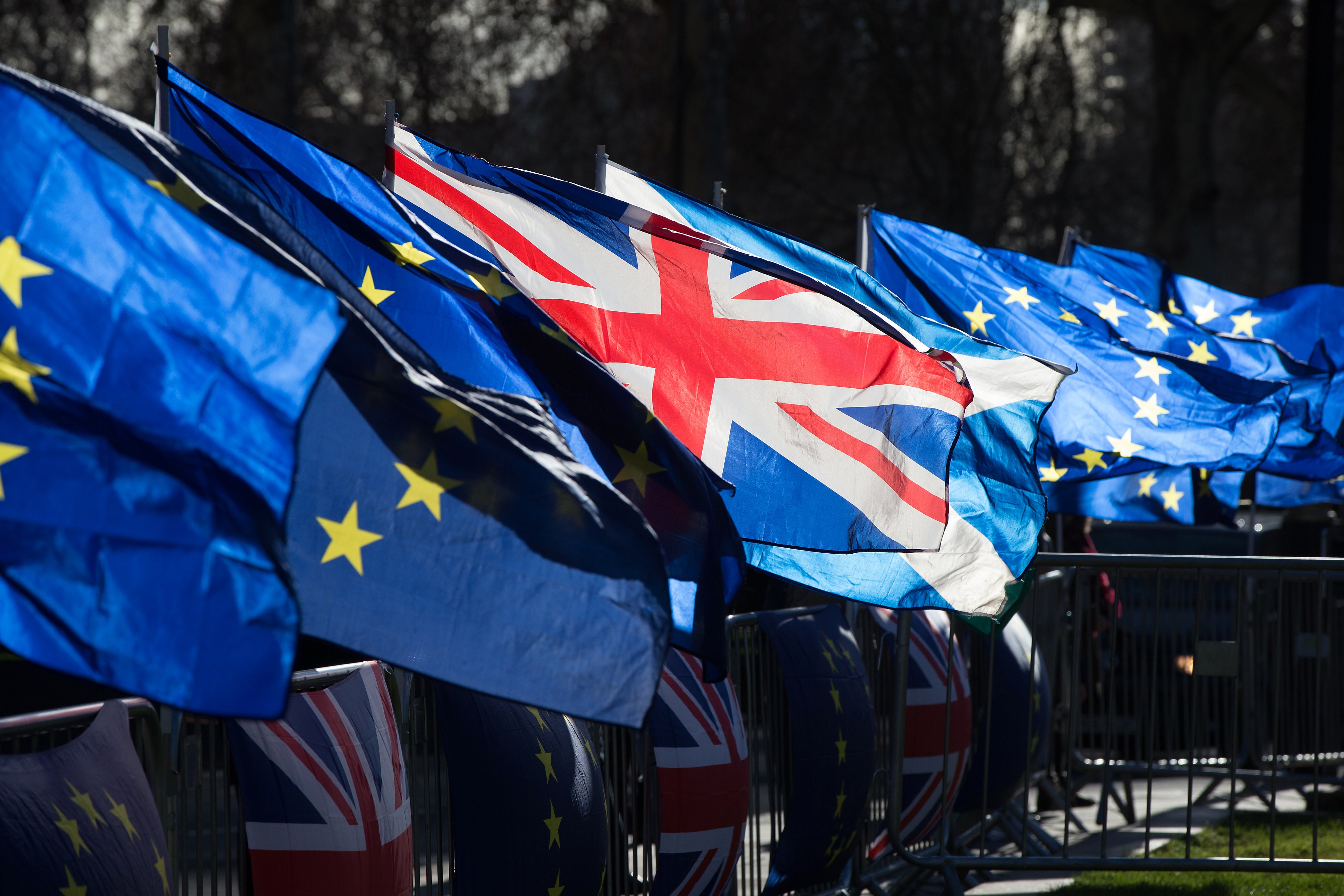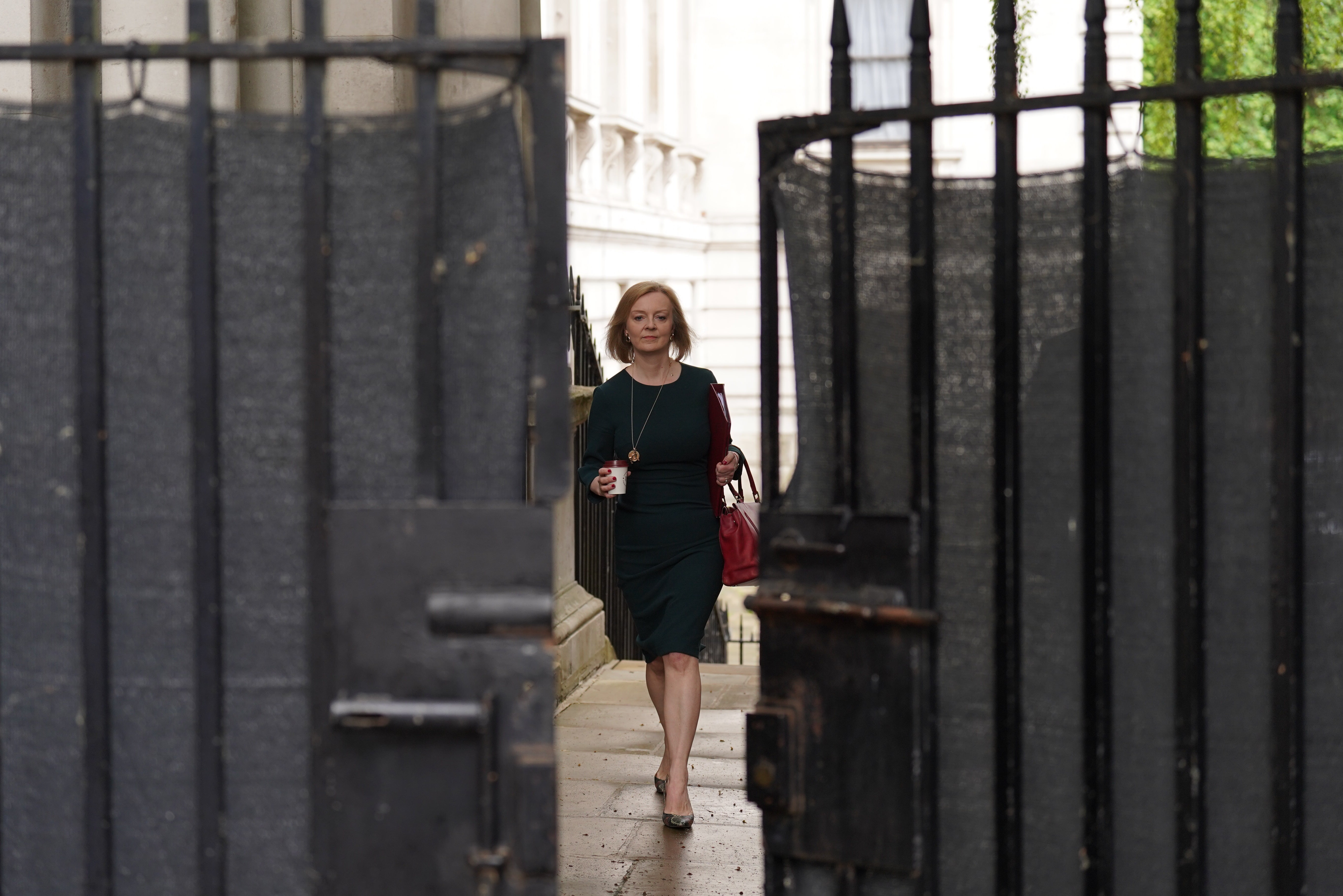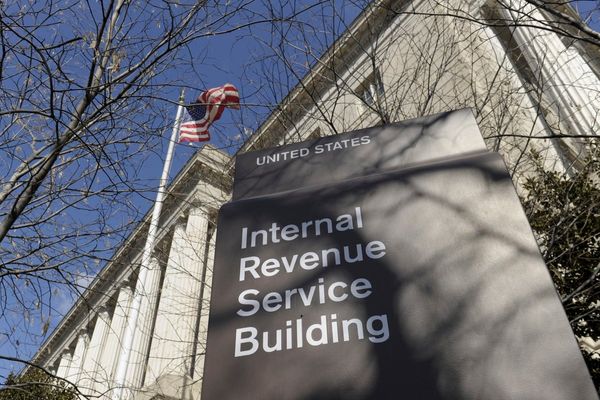
MPs are set to vote on controversial new legislation to give ministers powers to override parts of the post-Brexit deal on Northern Ireland, after the PM played down concerns over legal challenges.
Boris Johnson’s administration has argued that the measures to remove checks on goods and animal and plant products travelling from Great Britain to Northern Ireland are necessary to safeguard the Good Friday Agreement and peace and stability.
Unionist opposition to the imposition of checks which they perceive as driving a wedge down the Irish Sea has seen the Democratic Unionist Party (DUP) refuse to return to the powersharing executive, leaving the region without a functioning government.
We read it very carefully and, to be very frank, we think it is both illegal and unrealistic— Joao Vale de Almeida
The UK has insisted that its unilateral approach is the only option left to resolve the issues “baked in” to the protocol if the EU maintains its refusal fundamentally to rewrite the terms of the deal.
But the move has sparked a fierce backlash from the bloc, with fresh legal action launched against Britain last week.
European Commission vice-president Maros Sefcovic indicated further measures could follow if the UK pressed ahead with the Bill.

The dispute could ultimately lead to a trade war, with tariffs or even the suspension of the entire Brexit deal between the UK and EU.
The Prime Minister played down concerns over legal challenges during a trip to Rwanda earlier this week.
“We’ve got a legal case against us for failing to have proper customs procedures, all sorts of things,” he said.
He suggested that the response to plans was more “muted” than expected.
As the Bill returns to Parliament for its second reading on Monday, MPs will debate its main principles and decide whether it can proceed for further consideration.
Foreign Secretary Liz Truss will tell the Commons the legislation is a basis for a durable and sustainable solution that protects the Good Friday Agreement, avoids a hard border, safeguards the EU single market and ensures the integrity of the UK.
However, she is likely to be met with a backlash from those who oppose the move.

Sir Keir Starmer has said Labour would axe the proposed laws if it was in power, and confirmed his party will vote against the legislation at Westminster.
Mr Sefcovic previously declined to rule out a trade war, saying: “We have to keep all options on the table.”
But he emphasised the EU’s preference to find a negotiated solution to the problems caused by the protocol, lamenting the “radio silence from London since February”.
On Sunday, Northern Ireland Secretary Brandon Lewis suggested it was “absurd” for Europe to issue warnings about a trade war with the UK when they had not fully implemented sanctions on Putin for invading Ukraine.
“What we’re talking about is fixing here some of the issues in terms of the implementation of the protocol that is so detrimentally affecting Northern Ireland,” he told Times Radio.
The EU’s ambassador to the UK, Joao Vale de Almeida, said the Government is likely on “a road to nowhere”.
Speaking to Sky’s Sophy Ridge on Sunday about the Bill, he said: “We are not dismissing (what the UK has proposed), but we read it very carefully and, to be very frank, we think it is both illegal and unrealistic.”
This legislation will fix the problems the protocol has created— Liz Truss
Alongside the second reading, the Government is launching a series of “structured engagements” with the business community to discuss and gather views on the Bill’s implementation.
The Foreign Office is hosting the first roundtable event on Monday, bringing together more than a dozen major UK businesses and representative groups including the Northern Ireland Chamber of Commerce, Asda, John Lewis and the Dairy Council NI.
Ms Truss said: “Our overriding priority is protecting the Belfast (Good Friday) Agreement, the bedrock of peace and stability in Northern Ireland – as it stands the protocol is undermining this delicate balance.
“This legislation will fix the problems the protocol has created, ensuring that goods can flow freely within the UK, while avoiding a hard border and safeguarding the EU single market.
“A negotiated solution has been and remains our preference, but the EU continues to rule out changing the protocol itself – even though it is patently causing serious problems in Northern Ireland – which therefore means we are obliged to act.”







